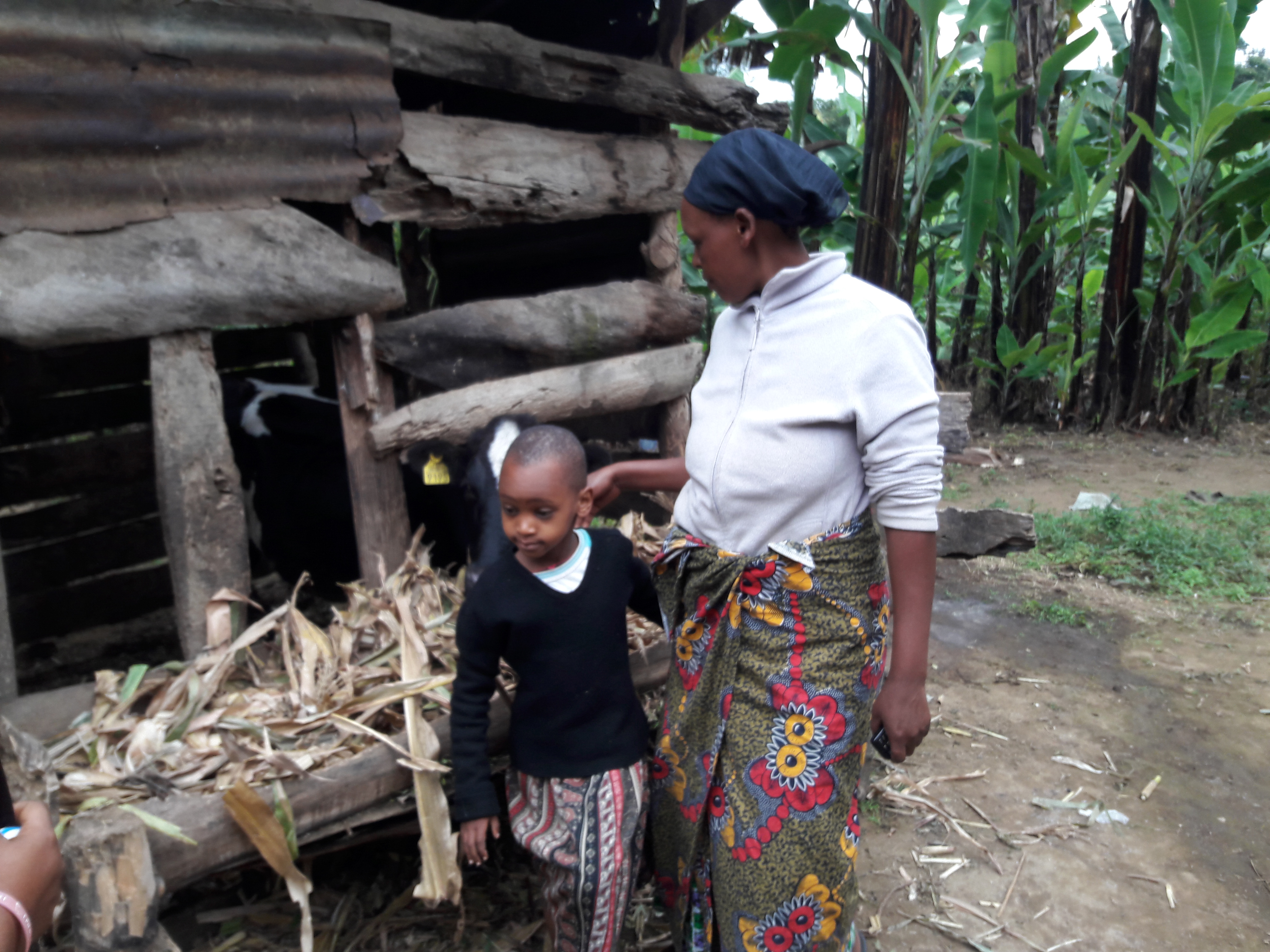September 7, 2017
One of the projects that TFFT’s Psychosocial & Health Program works on is our Livelihood Initiatives project. TFFT implemented this project as a means of supporting and economically enabling the heads of household for our scholars. As much educational support as these young and brilliant minds receive, they still go back to their homes and are faced with extreme poverty that affect their well-being. As we seek to tackle the cycle of poverty through holistic interventions, our Livelihood Initiatives program addresses the relationship between household livelihoods and children’s well-being.
Since the Livelihood Initiatives project was implemented, a total of 95 households have received interest free micro-loans to start an income generating activity. With these loans, most invested in agriculture and animal keeping businesses. Others invested in selling day to day essential items like clothing, shoes, food, and toiletries. Since receiving these loans, the guardians of our scholars’ households have been able to establish a standing income, and through that they are able to cater for immediate needs of their families. They have completed loan returns and are doing well with their businesses.
To date, TFFT has given loan support to 95 households, most headed by women. Within the women-headed households, we have groups of women involved in different income generating activities, including:
- Selling carrots, onions, and tomatoes in the market
- Raising rabbits to sell at the market
- Beading projects
- Buying and selling maize and livestock
We regularly visit the households to monitor their business and progress. A good number of them have businesses that are running well, their efforts and returns are satisfying, and they may be considered for the next phase of loan disbursement. These families are grateful for the support, through which they have been able to tend to immediate concerns and needs of their children and the family at large.
In addition to monetary support, they also attend brief trainings that equip them with financial knowledge, record keeping, and business management skills. These are different from the parent/guardian trainings organized by TFFT.




